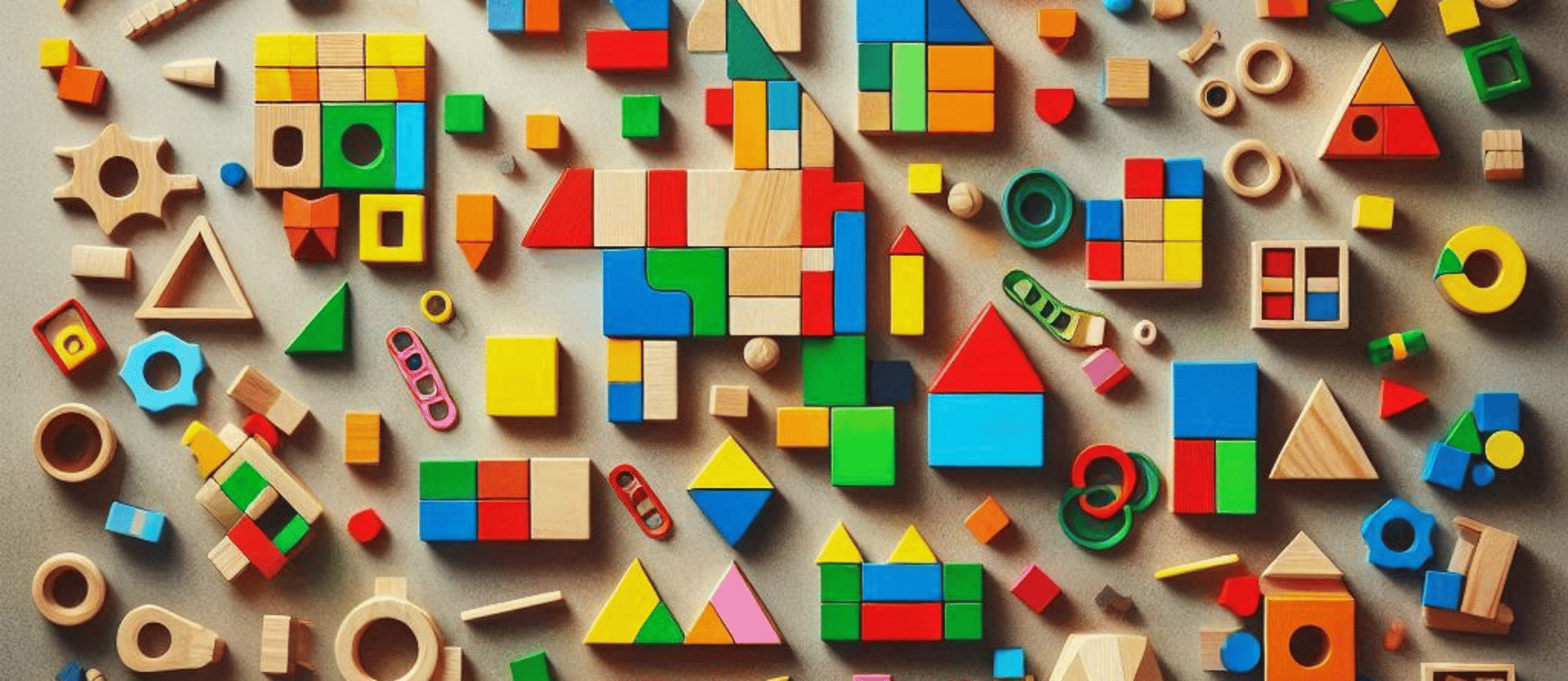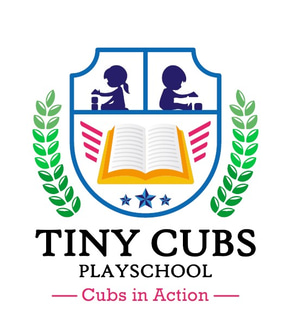
Our Curriculum
Play based learning
"Play is the highest form of research." - Albert Einstein.
At Tiny Cubs Play School, we believe in the power of play-based learning to foster creativity, curiosity and critical thinking in our young learners.
Learning through play is the best way to learn!
At Tiny Cubs Play School, our play-based curriculum is designed to promote social, emotional, cognitive and physical development in a fun and engaging way.
Play is not just fun, it's fundamental to learning.
At Tiny Cubs Play School, we create a nurturing environment that encourages children to explore, discover and learn through play.
At Tiny Cubs Play School, we believe that children should be encouraged to explore and learn about the world around them. Our Knowledge and Understanding of the World program is designed to foster curiosity, creativity, and critical thinking in our young learners.
Our program includes:
Exploring the natural world: plants, animals, seasons and weather.
Discovering the built environment: buildings, roads and vehicles.
Learning about different cultures and traditions.
Understanding basic concepts of time, space, and measurement.
Developing an awareness of the community and the world around them.
Knowledge and understanding of the world
Communication, Language and Literacy program
At Tiny Cubs Play School, we believe that communication, language, and literacy are essential skills for young children to develop. Our program is designed to foster a love of language and learning, and to provide children with the skills they need to communicate effectively.
Our Communication, Language and Literacy program includes:
Listening and Attention: We encourage children to listen carefully and respond to instructions.
Speaking: We provide opportunities for children to express themselves through speaking, role-playing, and storytelling.
Reading: We introduce children to the joys of reading through stories, rhymes, and word games.
Writing: We encourage children to experiment with writing through drawing, tracing, and writing their names.
Physical Development
At Tiny Cubs Play School, we believe that physical development is essential for young children to grow and thrive. Our physical development program is designed to promote gross motor skills, fine motor skills and overall physical fitness.
Our Physical Development program includes:
Gross Motor Skills: running, jumping, climbing, balancing and throwing.
Fine Motor Skills: drawing, coloring, cutting, pasting and puzzles.
Sensory Play: exploring texture, temperature, and movement.
Music and Movement: singing songs, playing instruments and creative movement.
Outdoor Play: exploring nature, playing games and developing social skill.
Problem solving, Reasoning and Numeracy
At Tiny Cubs Play School, we believe that problem-solving, reasoning, and numeracy skills are essential for young children to develop. Our program is designed to encourage children to think critically, solve problems, and develop a strong foundation in numeracy.
Our Problem Solving, Reasoning, and Numeracy program includes:
Sorting and categorizing objects.
Recognizing and creating patterns.
Counting and basic number concepts.
Shape and space awareness.
Measurement and comparison.
Solving puzzles and brain teasers.
Encouraging critical thinking and problem-solving skills.
Creative and Artistic Development
At Tiny Cubs Play School, we believe that personal, social, and emotional development is crucial for young children to build strong relationships, develop self-awareness, and manage their emotions.
Our Personal, Social, and Emotional Development program includes:
Self-Awareness: recognizing and expressing emotions, developing self-confidence.
Social Skills: sharing, taking turns, cooperating with others.
Emotional Regulation: managing feelings, developing self-control.
Relationships: building friendships, developing empathy.
Independence: encouraging self-reliance and self-care.
Tiny Cubs Playschool
A nurturing playschool for your child's growth.
Connect
+91-8105366653
© 2024. All rights reserved.
